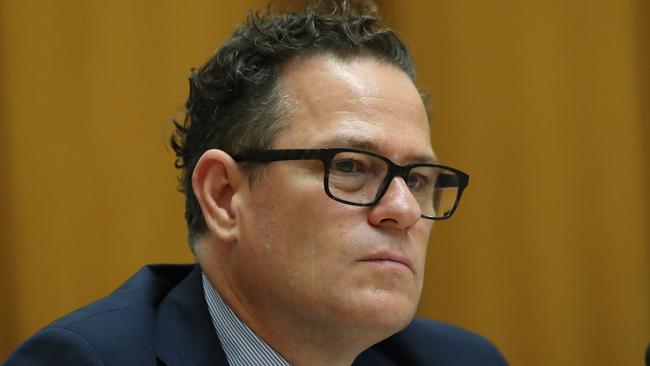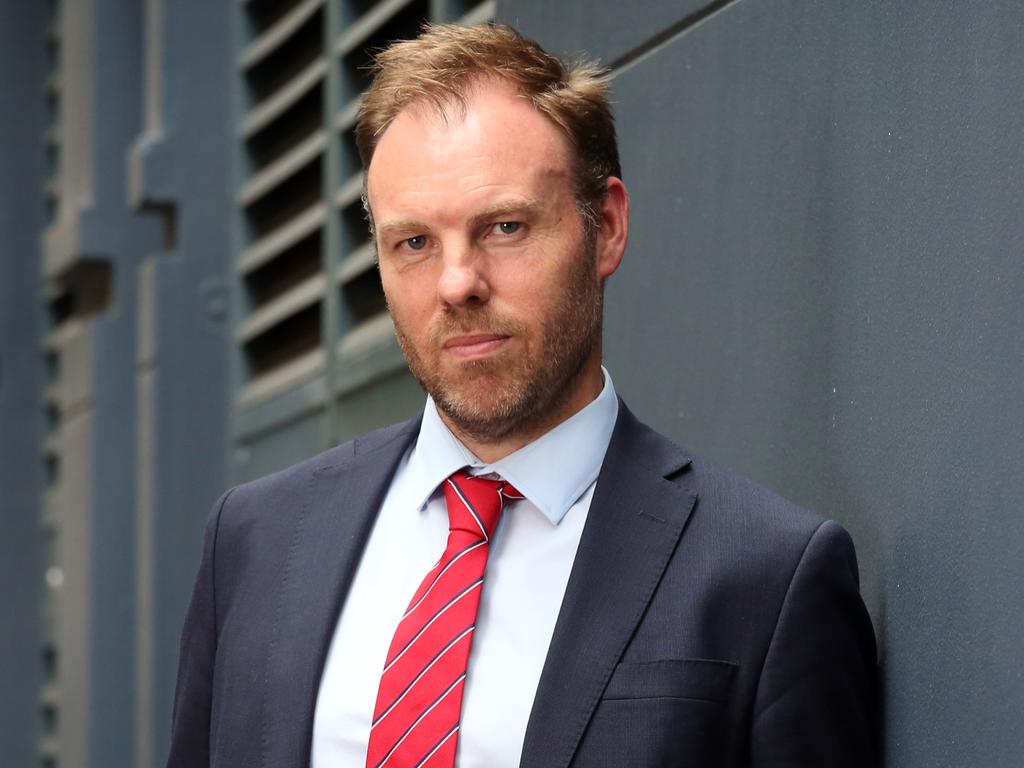Freeze on superannuation guarantee ‘left workers worse off’
Super funds have sought to dispel claims that increases in the super guarantee will come at the expense of wage rises.

Super funds have sought to dispel claims that increases in the super guarantee will come at the expense of wage rises, releasing new research that shows employees saw no additional boost in their pay packets after the Abbott government dumped the last planned increase in 2014.
An Industry Super Australia analysis of 8370 enterprise bargaining agreements that came into force both before and after the 2014 freeze shows no wage boost equivalent to the lost super materialised in the following years, contradicting government claims at the time that workers would get the “money in their pockets” if the super guarantee was held at 9.5 per cent.
The new research comes amid fierce debate over the coming increase in the superannuation guarantee that is due to kick off in the middle of 2021 with a 0.5 per cent rise, followed by staggered increases up to 12 per cent by 2025.
Prime Minister Scott Morrison said in August the government would “carefully consider” scrapping the legislated rise due to the COVID-19 pandemic.
Assistant Minister for Superannuation Jane Hume also recently warned that the planned increases would come at the expense of wage growth.
The Labor government in 2010 announced a staged rise in the super guarantee to 12 per cent by 2019 but the Coalition government under Tony Abbott in 2014 delayed any further guarantee increases until 2021.
Examining more than 8000 agreements made between January 2013 and December 2018, ISA, which represents some of the largest super funds in the country, found the pay cut had persisted throughout the period, with employers failing to include in subsequent EBAs any catch-up in wage increases to compensate for the lost super.
“In agreements certified after the super rate was cut, wage growth fell from 3.33 per cent before the cut to 3.27 per cent,” the analysis found.
“This shows employers pocketed the lost super and workers’ total remuneration also went backwards,” ISA adds.
ISA chief executive Bernie Dean on Wednesday urged the government not to break its promise on increasing the super guarantee.
“Working families have already taken the biggest hit in the fight against this virus, and they shouldn’t be asked to once again sacrifice their future.
“These small staged increases are affordable for employers and the key to giving people more choice about when they can stop work and control over their life in retirement,” he said.
“The community won’t take kindly to a broken promise that will make millions more Australians dependent on the pension and hike taxes for those still working,” Mr Dean warned.
ISA, which in the coming weeks will launch a campaign supporting the increase to compulsory super, estimates that a worker on the cusp of retirement had already lost about $100,000 from previous super guarantee delays.
The research from ISA comes weeks after former Liberal leader John Hewson criticised the Morrison government for being “irresponsible” by considering delaying the legislated rises.
It also comes after the ACTU last month signalled it was gearing up for a fight to keep the planned rises on track.
“This is a critical issue,” ACTU president Michele O’Neil said at an ACTU-hosted online summit.






